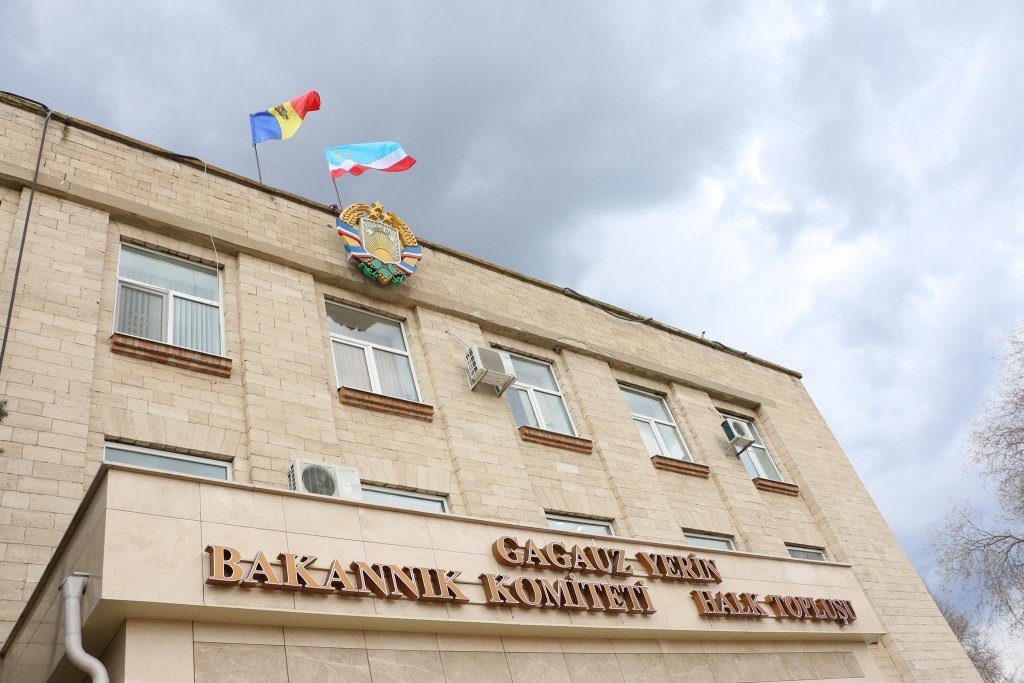The local authorities of Gagauzia voted on a draft law which provides for a “parallel” tool for licensing the audiovisual media activity in the region, which is an exclusive attribution of the Broadcasting Council, by purchasing a permissive act (the Izin), in the first reading. The media NGOs criticize “repeated attempts to shatter the freedom of the press in the region,” stating that it is not the first time that this initiative emerges. It was also criticized earlier this year. At that moment, the project was intended for regulating online media, but it was withdrawn.
The draft law which is a new attempt to regulate the media at the local level was examined by the deputies of the People’s Assembly of Gagauzia and voted in the first reading on June 25. During the meeting, the deputies were arguing and taking breaks, and during the short working part of the meeting, they voted on several projects in quick succession, including the one which concerns several articles of the local broadcasting law.
More exactly, among other things, a new licensing procedure for the TV channel and radio station activity in the region is stipulated; it includes obtaining an authorization known as the Izin from the General Directorate of Construction and Infrastructure of the ATUG for a fee. The payment amount for this permissive document shall be approved on a yearly basis.
The amendments approved by the ATUG legislative authority also contain several changes regarding the functioning tools of Gagauziya Radio Televizionu (GRT), the regional public media service provider. A procedure of yearly assessment of the staff’s activity by a “special commission” which includes a member from the local legislative authority is introduced.
MEDIA NGOs’ REACTION
In a public statement, several specialized non-governmental organizations explain that, “according to the Code of Audiovisual Media Services, as well as to the legislation regulating the authorization procedures for certain activities, the BC is the only authority empowered by the law to make decisions on granting permissive documents for broadcasting to audiovisual media services. Establishing parallel authorization tools such as the Izin by the ATUG authorities is an attempt to circumvent the existing authorization regime and to contravene both the state legislation and the international treaties signed by the Republic of Moldova.”
In addition, the amendments concerning GRT “have a major potential of shattering the public provider’s independence.” “The signatory NGOs disapprove of the attempts of the ATUG authorities to shatter the freedom of the press and expressing their regret regarding the repetition of this sort of faults. We hereby address the ATUG authorities demanding to immediately withdraw the legislative initiative which flagrantly contradicts the Constitution of the Republic of Moldova and the international treaties signed by the Republic of Moldova,” the statement reads.
PREVIOUS ATTEMPTS IN COMRAT
Initially, within the framework of a similar project, the elected local officials intended to force online media sources from the region to purchase so-called activity permits (Izin) from the authorities, also for an annual fee. Besides, a media outlet was supposed to coordinate the general concept with the Executive Committee, an authority equivalent to the Government at the local level, and to provide annual reports on the implementation of the concept to the issuing authority.
The public debates regarding the document were held; during the discussions, Svetlana Mironova, Head of the Ombudsman’s Office in Comrat, criticized both the hastily promoted project and its content. In particular, she emphasized the control over private electronic media activities the document was intended for. In a recent interview for Media Azi, Mironova warned that the previous draft law “was not properly formulated, and many provisions contradicted the Law on Access to Information. It was intended for controlling all the media sources in the region, in spite of the fact that there were no tools for exercising this control.” In the same interview, Mironova emphasized that the initiative could reappear in the public space, which was confirmed.
